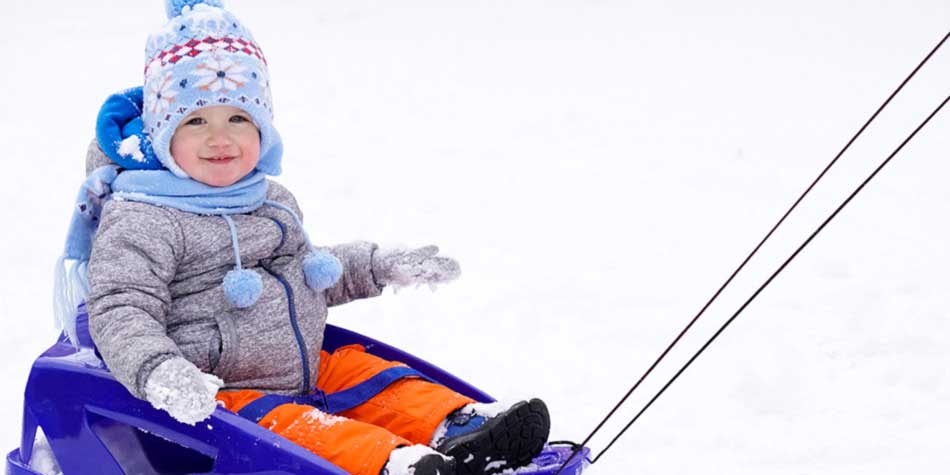Baby it's cold outside!
If you're headed out for milk and bread like everyone else in Loudoun County right now, then you're probably also wondering if you've done enough to prepare for Snowpocalypse 2016.
StoneSprings Hospital wants to make sure you have what you need with general safety tips for handling the cold. As a general rule of thumb, you should limit your outdoor exposure over the next few days, especially when the precipitation starts falling.
According to FEMA, a few things you can do now to prepare include stocking up on rock salt to keep your walkways clear through the storm, digging your snow shovel(s) out of storage so they are handy when you need them, checking your heating fuel, including firewood if necessary, verify that you have adequate levels of gas and antifreeze in your car, and, if available, put your car into 4-wheel-drive before the snow and ice start falling, so you're ready to gain traction immediately.

Loudoun County Cold Weather Resources:
- Dominion Power Outage Status | 1-866-DOM-HELP
- Forecasts: WJLA | WUSA9 | NBC4
- Closings and Delays
- Traffic Conditions
10 Tips to Stay Safe:
We looked to the American Red Cross for their top measures to stay safe when the mercury starts heading uncomfortably south:
- Wear layers of clothing to stay warm, along with a hat, mittens and waterproof, insulated boots.
- Avoid frozen pipes – run water, even at a trickle, to help prevent them from freezing.
- Be extremely careful if you have to shovel snow. Take frequent breaks and stay hydrated.
- Watch for hypothermia and frostbite. Hypothermia symptoms include confusion, dizziness, exhaustion and severe shivering. Frostbite symptoms include numbness, flushed gray, white, blue or yellow skin discoloration, numbness, or waxy feeling skin.
- Don’t forget your pets – bring them indoors. If they can’t come inside, make sure they have enough shelter to keep them warm and that they can get to unfrozen water. Read more from The Humane Society.
- Check on your neighbors, especially elderly people living alone, people with disabilities, and children.
- Avoid driving on snow-covered roads if possible. If travel is necessary, keep a disaster supply kit in your vehicle. Keep your gas tank full in advent of the storm.
- If your car breaks down, do not try to walk to safety. Tie a bright cloth to the antenna. Start the car and use the heater for about 10 minutes every hour, making sure the exhaust pipe is clear. Keep one window away from the wind slightly open.
- If using a space heater or fireplace for additional heat, make sure the former is on a level, hard surface, and the latter is protected with a screen and fully extinguished before leaving it unattended.
- If your power goes out, use flashlights and not candles for primary light. Never use a generator indoors, as the fumes can be deadly, and never use a stove or oven to heat your home.
If your home loses power or heat for more than a few hours or if you do not have adequate supplies to stay warm in your home overnight, you may want to go to a designated public shelter if you can get there safely. Text SHELTER + your ZIP code to 43362 (4FEMA) to find the nearest shelter in your area (ex. SHELTER20105).
If you find yourself in an emergency, dial 911 immediately.
For more information about general health, preventive medicine, or information about finding a physician near you – visit lewisgale.com or like us on Facebook.
$webqFacilityNumber
Need a Physician?